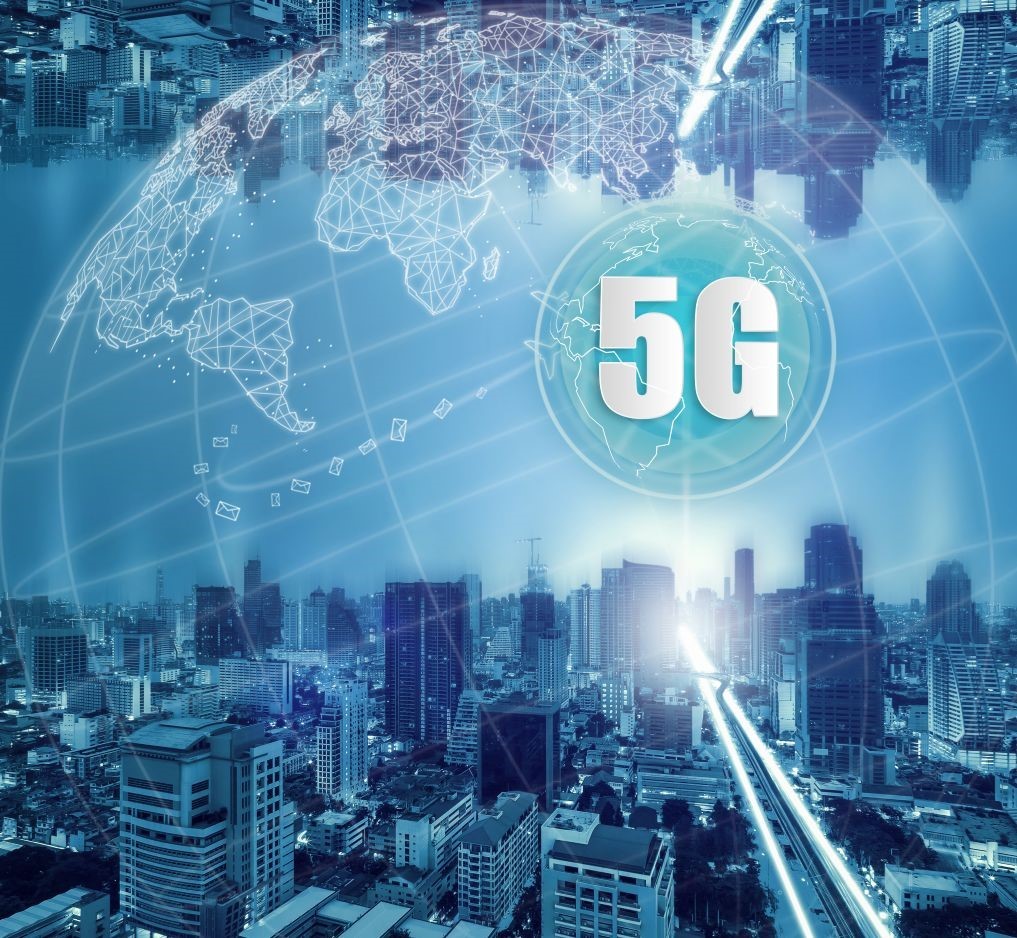
Blog posts
 5G revolutionizes the world of mobile communications
5G revolutionizes the world of mobile communications
Very few people understand the complex world of cellular networks! And that's hardly a surprise, because the technologies that have made the mobile world thrive are constantly changing. Huge cell phone operators strive to offer their clients access to the next generation of mobile technologies as quickly as possible, and the media prefers to highlight the positive aspects of 5G, ignoring its cons.
5G is the successor of 4G LTE, and it is supposed to make mobile communications much faster. Some carriers claim that we will be able to get speeds of up to 10 Gbps, which won't be that easy to attain in practice, in my humble opinion. Nevertheless, some (but not all!) 5G implementations have the potential to make full HD movie streaming a reality. I can understand why some people will want to get rid of their home-based Internet connections after getting an unlimited 5G data package...
As you can imagine, we will need to have 5G-compatible devices (phones, tablets, and so on) to benefit from this significant speed boost. Fortunately, several manufacturers have already released 5G phones, so we should have plenty of options to choose from by the time the technology is mature enough.
I have already mentioned that only some of the implementations will provide a significant speed increase. There is a simple explanation for this: clever marketing teams try to help their companies earn as much cash as possible. Believe it or not, some carriers have improved their 4G networks, boosting their speeds by 30% or so, and call these upgraded networks "5G".
Other operators bet their money on millimeter wave (mmWave), a technology that uses much higher frequencies, utilizing wavelengths that range from 1 to 10 millimeters. That's the real "5G" if you ask me, because it's the only technology that has the potential to deliver those impressive, advertised mobile data speeds.
Specialists are aware of the fact that mmWave has its own problems, though. High frequency waves tend to bounce a lot, and their strength is quickly reduced by humidity, gases and various obstacles. To fix this problem, carriers plan to use lots of smaller-sized cells. The plan should work, but cell interference may cause other problems, and the increased radiation levels may affect people's health as well.
However, companies of all sizes and even governments plan to use 5G to control equipment that will be used for critical infrastructure. It is very tempting, and yet very dangerous to rely on mobile data when it comes to critical data, though. Just like the Internet, mobile networks can be affected by Denial of Service (DoS) attacks, which can target not only the infrastructure, but the end users as well.
On the positive side, 5G-based networks will make use of the available bandwidth efficiently, allowing more smartphones to connect to the same cell without slowing it down. Latency will be diminished as well, giving end users the impression that their mobile data connections are wired, and not wireless. Due to the higher frequency radio transmitters, which will make use of smaller transistors, battery consumption will be significantly reduced.
As a conclusion, 5G (especially the versions that utilize the mmWave technology) will help us all communicate better. As always, there will be some risks, and I am quite sure that the first few iterations of the technology will have several security holes. While these vulnerabilities can quickly be fixed by carriers, it would be a pity to purchase a very expensive phone, only to discover that its mobile data chipset needs to be replaced. Therefore, my recommendation is to wait until the technology is mature enough. And no matter what happens, don't choose a 5G package from a provider that doesn't make use of the mmWave frequencies.